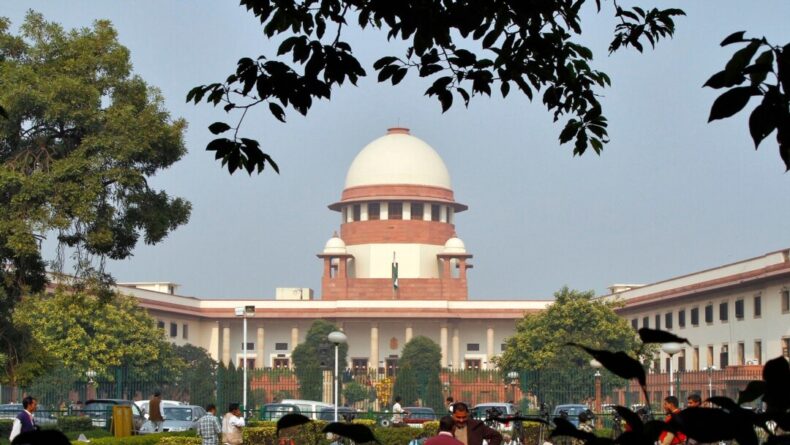Cleaning up the polluted stream of politics is not a matter of immediate concern to the legislative branch of government. No party wants the law to clean up politics, rules the Supreme Court.
The Supreme Court scathingly criticized the Centre’s unpredictable approach to enacting proper legal guidelines to decriminalize legislatures. It also warned that the nation continues to wait and is losing patience as repeated calls for reforms have been made to the deaf ears of sleeping political parties.
The Supreme Court on August 10 said that no political party was interested in framing a law to decriminalize politics by banning candidates against whom the courts have leveled severe charges.
Click here if want a website https://codingfever.in/
The Rue of the Apex Court
The bench of Justice RF Nariman and Justice BR Gawai mentioned in a 71-webpage judgment holding most political parties responsible for contempt of court and obliging candidates to conduct criminal proceedings for breach of restrictions.
The bench stated, “No one can deny that the risk of criminalization in the Indian political system is increasing day by day.”
Also, no one can deny the need to maintain the purity of the political system, and lawmakers who have criminal backgrounds and are involved in the criminalization of the political system should not be permitted.
“This court, time and time again, has appealed to the lawmakers of this country to rise to the occasion and take steps to bring out necessary amendments to ban the involvement of criminals in politics. All of these appeals have fallen on deaf ears. The political parties tend to refuse to wake up from their deep slumber,” it added. “There is unity in diversity,” ridiculed the bench of justices Rohinton F. Nariman and BR Gavai.
Although the court wanted to go further, its hands were tied because of the boundaries of power separation between the judiciary and the legislature, which had the sole authority to enact legal guidelines. The court added, “Nothing is done, and no party will ever do nothing.”
“In light of the constitutional plan of separation of powers, although we desire something urgent requires to be done on this issue, our hands are tied, and we cannot enter the area reserved for the state’s law enforcement. We can only appeal to the conscience of lawmakers. Hopefully, they will wake up soon and will undergo major surgery to prevent the slander of criminalization in politics,” it mentioned.
The bench, however, refused to contest the candidates with prison antecedents from being fielded by political events. But it has issued a specific set of mandates to the Election Commission and political parties, reinforcing the February 13, 2020 directive.

New Implications Possible
Political parties need to publish information concerning candidates’ criminal backgrounds on the homepage of their websites, thus making it easier for voters to access the information that has to be provided. Now there must be a caption on the homepage which states “candidates with criminal antecedents”.
The EC needs to create a devoted mobile application containing disclosure of the candidate’s criminal background information so that every voter gets such information on his mobile phone in one stroke.
“Winnability is always the chief criteria in picking up candidates, and that is why the voters will have to understand this, reject this. For now, the court may convict all the parties in default and issue a warning that if they don’t follow the court orders, 16A (suspension of symbol) will be the final route,” Salve added.
The court also heard counsel for various parties, including the BJP, Congress, Bahujan Samaj Party, Lok Janshakti Party, Communist Party of India (Marxist), and NCP, as it reserved its order for issuing further directions in the matter.













